Last Tuesday, May 9, we were invited to the presentation of the Latin American Index of Legislative Transparency (ILTL) by the Directorio Legislativo Foundation for the Province of Córdoba in Argentina.
The Directorio Legislativo Foundation has been working for more than a decade to promote the opening of legislative branches in Latin America.
Part of the Open Knowledge Foundation team in Argentina closely followed the co-creation of the Open Parliament process in Córdoba and often uses it as an example when discussing or designing new open data projects. In this blog, we want to add our experience on what motivated this process.
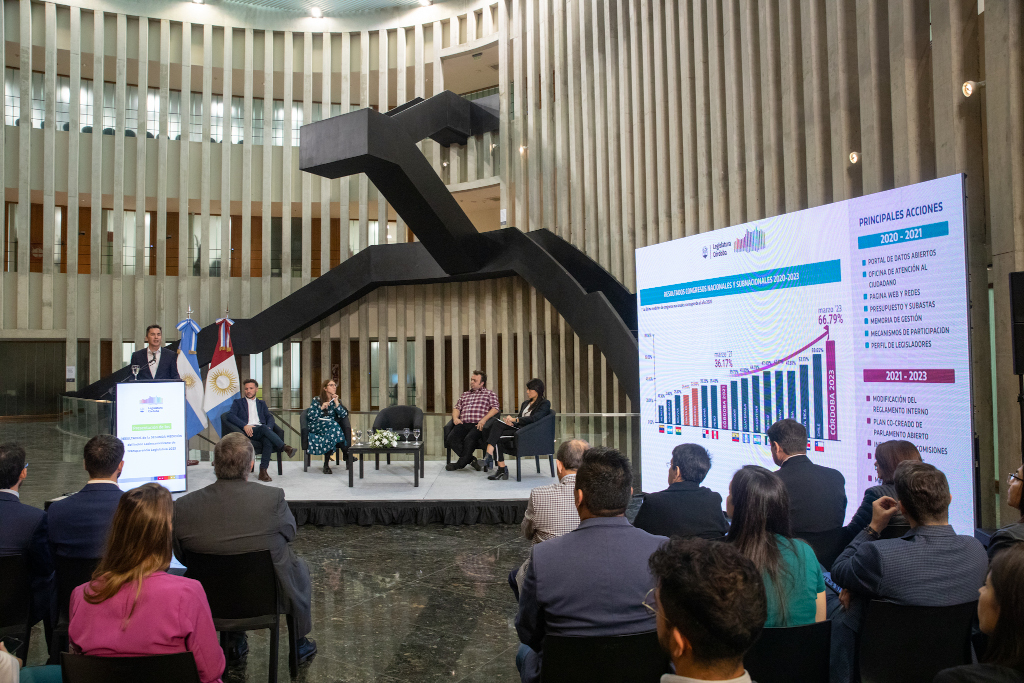
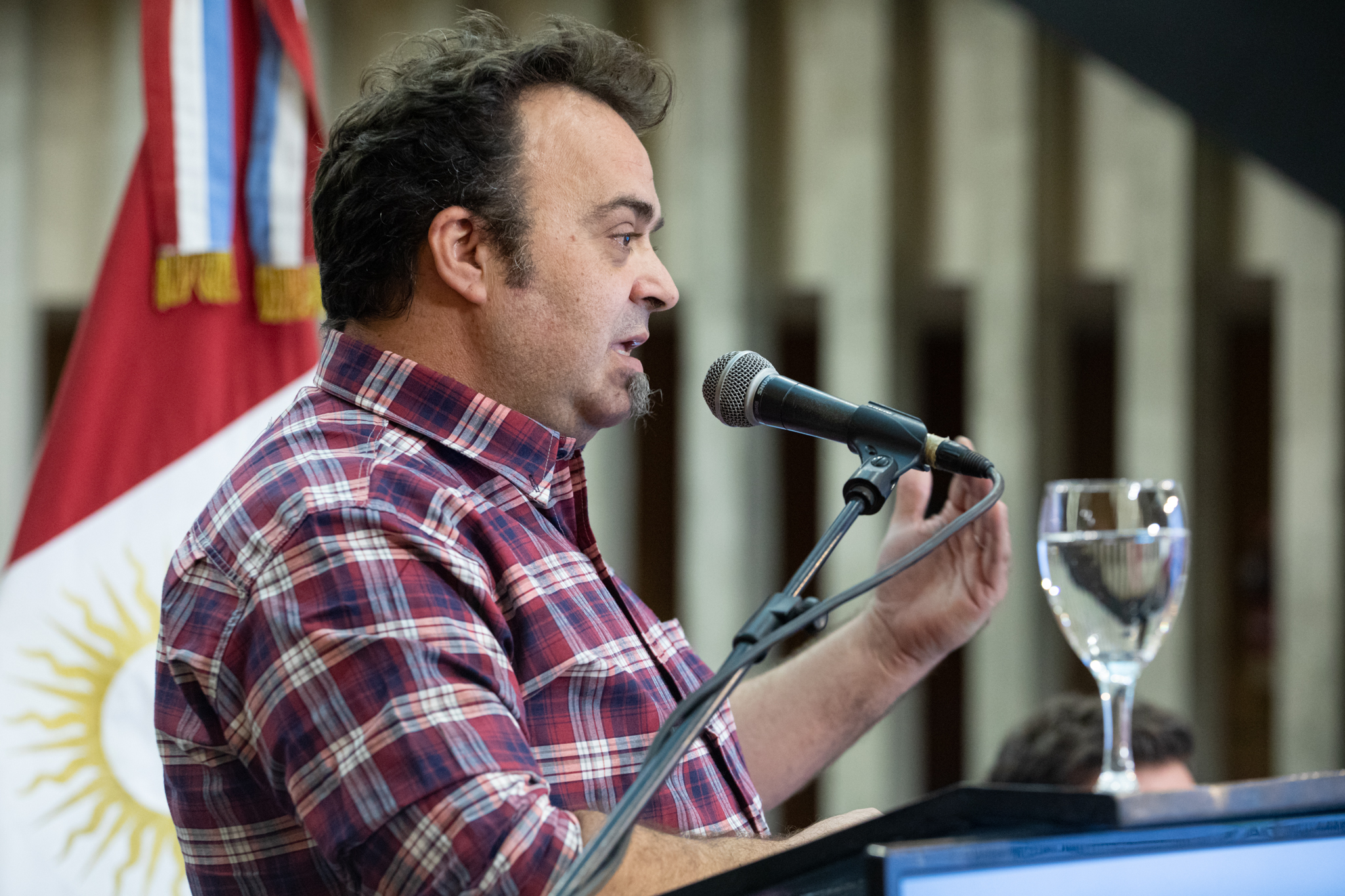
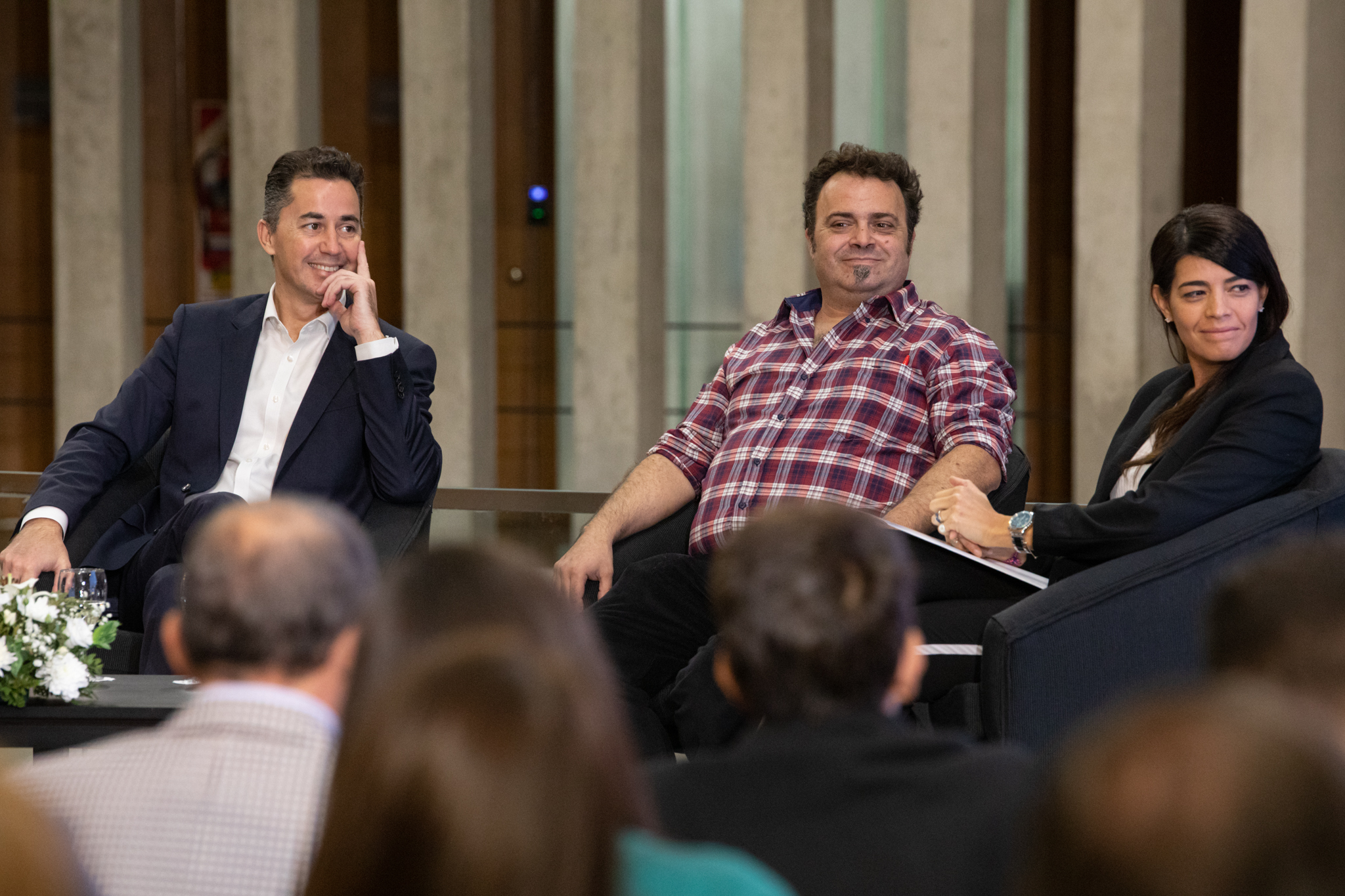
The success of the Open Parliament agenda carried out by the Córdoba Legislature has two main pillars in our opinion:
- The co-creation processes behind the project design and implementation.
- The use of tech tools grounded in reality.
Regarding the first pillar, in the words of the action plan (Methodological Development, page 25), co-creation allows a legitimization of the objectives and challenges to assume and implement, and a greater commitment regarding the fulfillment of deadlines and achievable goals. Here are the basics: designing a transparency agenda knowing that a civil society actor is in need of certain information ensures the use of such information from the first day of publication. The first milestone is to meet a specific need of an interested actor.
Regarding the second pillar, it was key not to get paralysed analysing technological platforms and simply use the tools that were available to the team. The technology used for open data projects must be adjusted to the local realities of the working groups instead of creating unattainable conditions for them. An open data project is not a technological project per se. It is, instead, a political and community project with technological support. In this case, the team found that WordPress would be good enough.
The open data portal can be seen at https://legislaturacba.gob.ar/portal-de-datos-abiertos/.
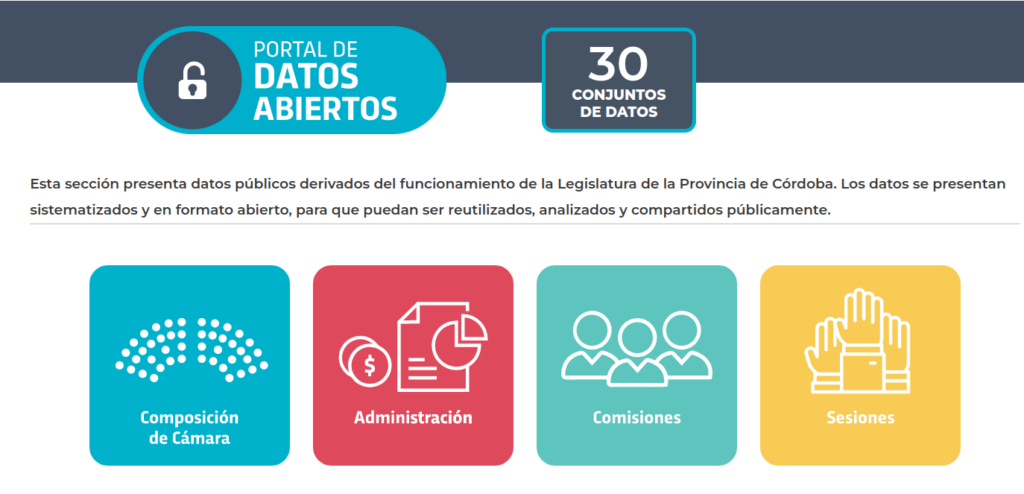
The previous co-creation process and the analysis of other portals allowed them to do a good job where the data is as expected by users and in multiple formats that allow its reuse. Local media and graduate students already have this data portal among their sources of information.
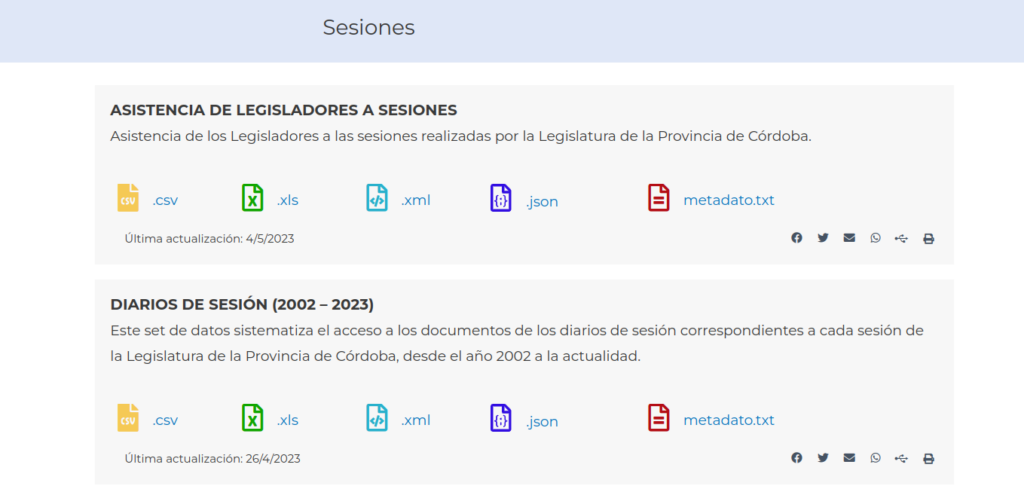
What’s next?
Legislation to guarantee continuity: Although the internal regulations of this Legislature were modified to formalise internal data publication processes, both the Directorio Legislativo team and OKFN proposed guaranteeing the continuity of this policy with the creation of a Legislative Transparency Law.
Strategies to broaden the impact: To reach larger audiences, it is necessary to promote the development of visualisations and applications connected to the data. The team has already promoted hackathons in the past and is planning to launch new editions of this type of event.
Influence other institutions: Legislative powers in general do not have a well-defined open data agenda. It is necessary for the Córdoba team to promote this work among fellow institutions, accompanying the Directorio Legislativo team in this task as a success story.
Mechanisms to facilitate access: Although the team is in contact with stakeholders interested in the data and is permeable to their requests, it would be useful to formalise an instrument for requests of access to information that would allow all citizens to quickly make such requests.








